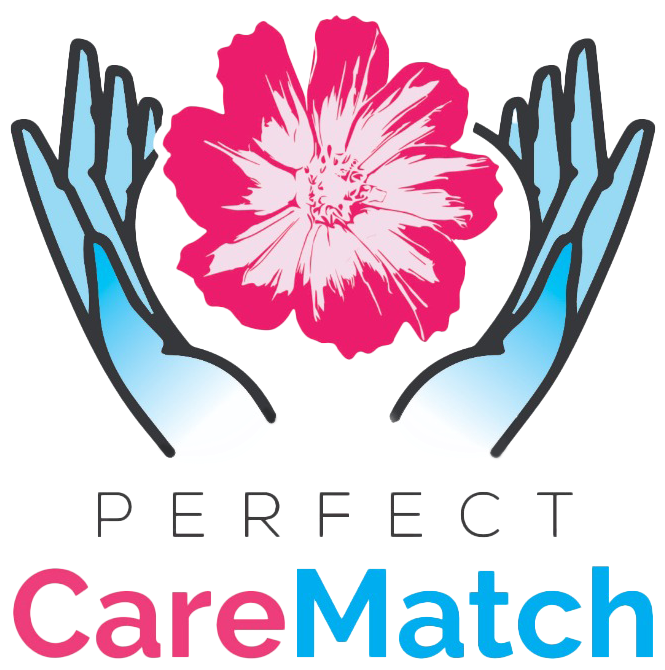Alzheimer’s Disease vs. Dementia
According to the Alzheimer’s Association, “Dementia is a general term for loss of memory, language, problem-solving and other thinking abilities that are severe enough to interfere with daily life.” It’s irreversible and the patient loses the ability to carry out familiar tasks like self-care. Attentive assistance is the key to remaining at home.
One type of dementia is AD, a progressive brain disorder that slowly destroys memory and thinking skills. These people undergo a progressive loss of function.
How is Alzheimer’s different from other types of dementia?
Generally, dementia has many causes, Symptoms depend on the area of the brain that’s been affected. For example, Frontotemporal Dementia affects the part of brain responsible for personality, judgment, and behavior; FTD patients have an earlier change in these areas than those with AD. AD’s early symptoms include memory loss, and problems with communication and language.
AD affects the whole brain due to widespread build-up of protein fragments. This debris creates plaques causing nerve structures in the brain to become tangles. Simply put, brain cells start to die. AD is fatal and many patients receive end-of-life care.
Researchers believe that AD begins years, possibly decades, before there are any obvious signs. Insidious is the best word to describe the progress of AD: one day it’s a mild cognitive impairment, and the following day seemingly brings a person whom the family barely recognizes. People who see the patient infrequently may notice changes before a constant companion does. While uncommon, some people experience early-onset dementia, including AD.
Home care for Alzheimer’s Disease
Remaining at home ensures loved ones can live comfortably and with the least amount of confusion and distress. Familiarity brings comfort for people whose memory is failing. Despite the devastating losses associated with AD, there is still a piece of the person that understands home and the way it looks, feels, and smells.
Transferring to a care facility is extremely disruptive to the AD patient and usually results in escalation of behaviors like exit-seeking, agitation, sleep disturbances, anxiety, weight-loss, and aggression. Patients often need (more) medication to manage mood and behavior after admitting to a facility. Facilities aren’t usually staffed well enough to provide consistent one-to-one care for each and every resident.
Home care is the optimal setting in which to manage the many challenges of dementia; Professional Care Match is dedicated to helping our clients age in place, in the comfort of home.
Managing dementia in the home
Perfect Care Match brings professional care to the home, where the client thrives in familiarity and comfort. We employ a holistic approach to caring for patients suffering from AD or other dementias.
Our highly-trained and vetted caregivers ensure clients remain comfortable, well-nourished and hydrated, clean, and safe. Receiving care at home minimizes the stress of unfamiliar and unpredictable environments that cause distress for people who are already enduring confusion, fear, or agitation due to this brain disease. A consistent, familiar, experienced career in the home lessens the burden of the disease for both the patient and their loved ones.
Loved ones separated by distance need not worry about the older adult who vaguely states “everything’s fine…” when they call. In-home care for Dementia or Alzheimer’s gives families peace of mind: they know that their parent is eating adequately, maintaining hygiene, taking medications, and has companionship and supervision.
Perfect Care Match delivers dedicated care teams
Perfect Care Match pairs professionals with families who need them. Our dependable care providers work as a team, minimizing traffic in the client’s home. Personalized caregiving is one of our many offerings and we strive to preserve lifestyle preferences and dignity.

